SingaporeMotherhood | Baby & Toddler
June 2022
Why Childhood Vaccinations Matter – and is there a Dengue Vaccine?
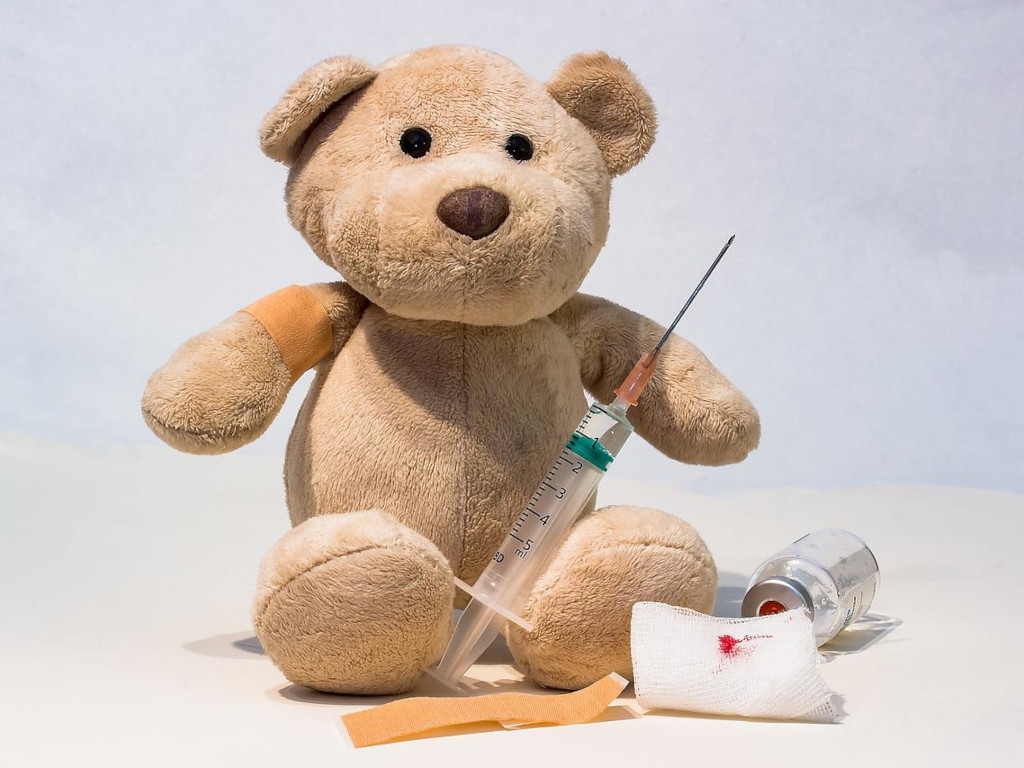
The COVID-19 pandemic has shone a giant spotlight on vaccines, but not all parents are quite convinced. And while we’ve been distracted by COVID-19 for over two years, the Aedes mosquito has quietly crept up on us. It makes us wonder if there’s a dengue vaccine. Can’t we vaccinate ourselves and our children against dengue fever once and for all? And what about this monkeypox? Professor Ooi Eng Eong of Duke-NUS Medical School and Saw Swee Hock School of Public Health tackles our buzzing questions.
How Vaccinations Benefit Our Children
Immunisations are beneficial for infants, toddlers, and children across two main areas, explains Prof Ooi. They offer our children valuable protection against vaccine-preventable diseases. They also help in the prevention of the spread and eventual eradication of such diseases.
(See also: How to Prevent 3 Common Illnesses that Children often get in School)
a. Protection from disease
Vaccines are simply weakened or dead viruses, or components of the virus. When introduced into our bodies, they teach our immune systems to recognise and respond when they encounter either the virus or components of the virus, respectively.
In other words, vaccinations train children’s immune systems to build necessary antibodies and T cells. This protects your child against childhood diseases when they are exposed to the bacteria and viruses that cause them.
While COVID-19 certainly retriggered the vaccine debate, it has also proven how essential vaccinations are in protecting human life. This is particularly true among more vulnerable groups, such as children.
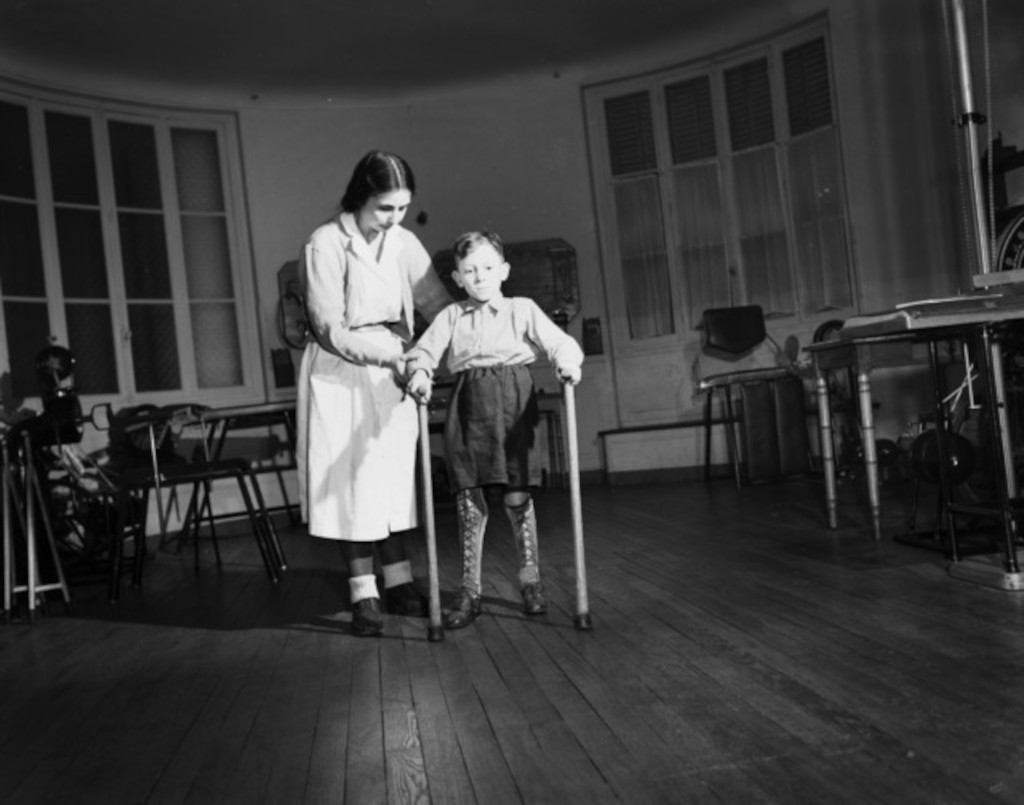
The World Health Organization (WHO) estimates that vaccines save two to three million lives each year (excluding COVID-19). For more than 20 years, vaccines have safely reduced the spread of diseases like polio and measles. The use of vaccines has even eradicated other devastating childhood diseases like smallpox.
The number of children paralysed for life by polio has fallen by over 99 per cent since 1988. More recently, the measles vaccine averted more than 23 million deaths between 2000 and 2018. This is a clear testament to the transformative effect of immunisation.
b. Prevention of spread
For certain diseases, once enough children have been vaccinated, herd immunity can be achieved. Herd immunity occurs when sufficient proportion of children become immune to infection, thus greatly reducing the risk of infection transmission, even to the unvaccinated.
It is precisely herd immunity from high rates of vaccination that helped to eradicate smallpox. It has also successfully controlled the spread of contagious diseases such as measles, mumps, and rubella.
Herd immunity is especially essential in protecting those who cannot be vaccinated for various reasons. For instance, newborns or those whose immune systems are compromised by disease.
When it comes to COVID-19, even when our littlest ones are yet to be vaccinated, being surrounded by adults and older children who are certainly reduces their chances of exposure and infection.
(See also: COVID-19 Vaccinations for Kids and Adults in Singapore)
Required and Recommended Immunisations in Singapore
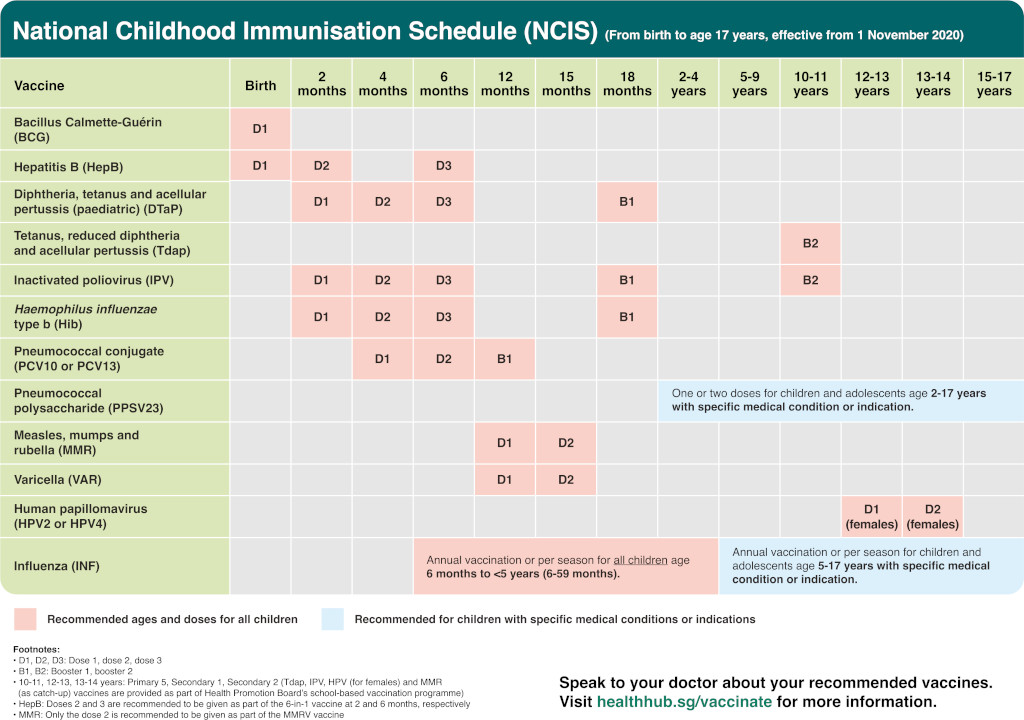
Under the Infectious Diseases Act, vaccinations for measles and diphtheria are mandatory in Singapore. The National Childhood Immunisation Schedule (NCIS) also covers vaccinations against these diseases: tuberculosis, hepatitis B, tetanus, pertussis, poliovirus, Haemophilus influenzae type b, mumps, rubella, pneumococcal disease, human papillomavirus, varicella (chickenpox), and influenza.
Students in Primary One who have yet to be vaccinated against measles and diphtheria will receive the compulsory vaccinations (MMR/Tdap) under the NCIS. Students with incomplete vaccination records may be denied entry to primary school. To be on the safe side, Prof Ooi suggests, simply follow the schedule above.
If your child is a Singaporean Citizen, NCIS vaccinations at polyclinics and/or CHAS GP clinics are free. Permanent Residents enjoy 50 per cent subsidies for the same.
(See also: Singapore Vaccinations 101: What’s Compulsory and Optional for Your Kids)
How about a Dengue Vaccine?
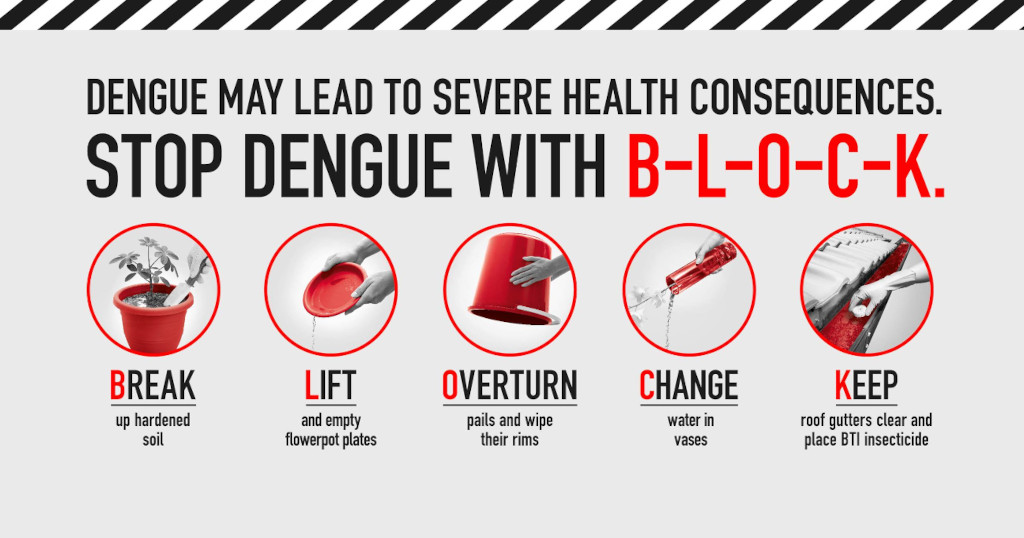
Dengue, which is transmitted by the dreaded Aedes mosquito, is caused by four different viruses. As we’ve seen from COVID-19, it is already difficult to develop a vaccine targeting one virus. To develop a dengue vaccine that’s effective against four different viruses and deliver it in the same shot, while expecting to achieve a high level of immunity against all four, is truly a tall order.
Currently, there is one licensed dengue vaccine, called Dengvaxia. However, only those who have been infected by the virus previously can receive it. But Prof Ooi is cautiously optimistic. Our understanding of the science of dengue and vaccines are far more advanced than even 10 years ago. Newer vaccines that can likely be given to all who choose to receive it are in the pipeline.
In the meantime, with more than 100 million cases of dengue occurring worldwide annually — Asia representing 70 per cent of the burden, vector control methods are essential to manage the spread of dengue. Singapore is currently facing our own dengue outbreak, with cases hitting a three-year high. Remember to do the #MozzieWipeout regularly and do your part to #BLOCKDengue!
(See also: Dengue Fever in Singapore: Is your Family Safe?)
Vaccines vs Side Effects
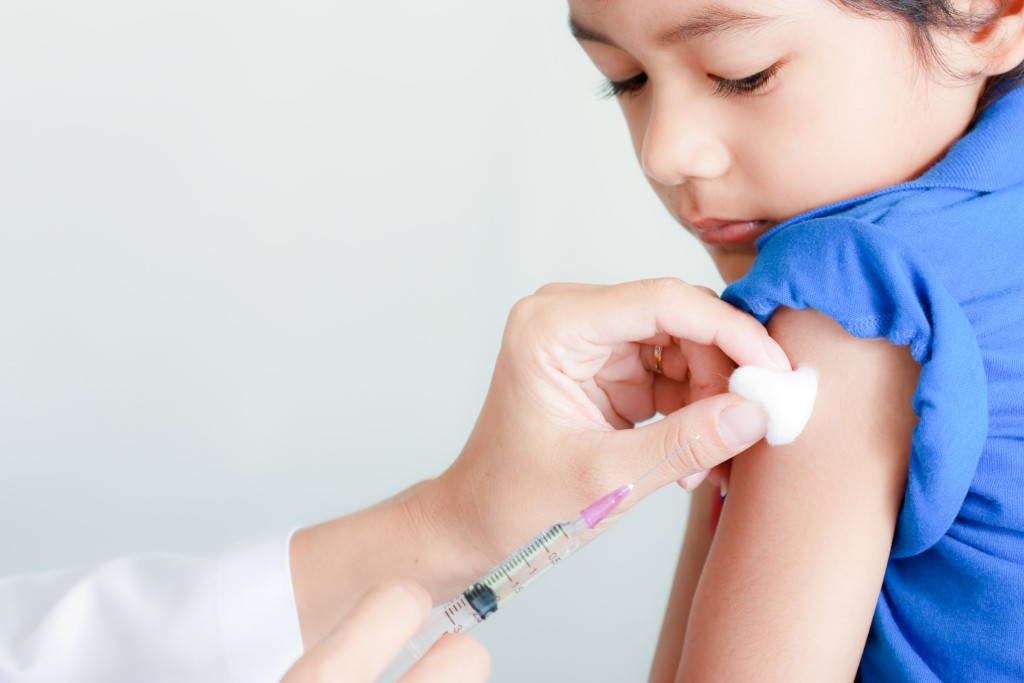
Common side effects for vaccines among children are pain, soreness, redness, and even a lump over the injection site. However, these will self-resolve without any medication.
Fever — which may worry some parents — is also a common side effect. This may last a day or two after the injection but will also resolve without medication.
Severe side effects are extremely rare. If not, the vaccines would not have been licensed, quips Prof Ooi. It is necessary to balance these extremely rare side effects against the benefits of vaccination.
(See also: Paediatricians and Paediatric Clinics in Singapore that Parents Trust)
Simply put, if the disease is uncommon, vaccination would not be required. For instance, even though there is a highly effective vaccine for smallpox, this vaccine is no longer in routine use. As the disease has been eradicated, there is no need for it even if it is very good. Vaccination is only required if, without it, the risk of a child developing life-threatening or lifelong debilitating disease is high.
Speaking of… what about Monkeypox?
We also asked Prof Ooi if monkeypox is something parents in Singapore should potentially be concerned about, and if there a vaccine for it. Here’s his take on the matter:
Monkeypox virus is transmitted mostly through close contact with cases. There are currently no known cases in Singapore and the Ministry of Health (MOH) has surveillance in place for cases, if any were to be imported into Singapore.
Edit: Since this article was published, one case of monkeypox has been detected in Singapore; however MOH is keeping a close watch on the situation. For the latest updates, visit the MOH website.
Monkeypox can be prevented by practising good hygiene, such as washing of hands and avoiding unnecessary contact with others. Monkeypox can also be prevented by smallpox vaccines although as already mentioned, this vaccine is currently not used routinely.
I was born at a time when the measles vaccine was not widely available in Asia. At eight years old, I caught measles. I recall vividly being carried into the clinic because I was too weak to walk. I also remember my late father’s face. He was a stoic man and that was the only time I remember him being visibly frightened.
Prof Ooi Eng Eong, Professor, Duke-NUS Medical School & Saw Swee Hock School of Public Health
Thankfully, measles vaccinations have now made this disease and the event I experienced rare. However, the measles virus is still present. Depriving children of this and other vaccines would simply be putting them and their parents through fears and losses that could so simply be prevented.
Featured image: Myriams-Fotos on Pixabay
All content from this article, including images, cannot be reproduced without credits or written permission from SingaporeMotherhood.
Follow us on Facebook, Instagram, and Telegram for the latest article and promotion updates.





